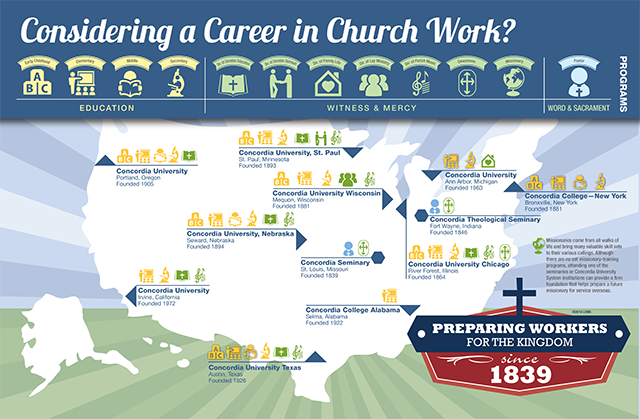The Role And Importance Of Churches In Modern Times

Created By-List Norton
You could think about churches as simply positions for praise, however their function has developed dramatically with time. They have actually transformed into area hubs, addressing numerous social concerns and fostering links among participants. As society changes, churches face one-of-a-kind difficulties and have to adapt to remain appropriate. What's driving this change, and just how do modern churches impact today's neighborhoods? Checking out https://www.newsleader.com/story/news/2021/05/04/market-restored-church-turned-home-up-sale-staunton/4920395001/ reveals much concerning their long-lasting relevance.
The Development of Churches With History
As culture has progressed, the function and framework of churches have actually changed considerably. You may see that very early churches largely functioned as places of worship and community event, rooted deeply in tradition.
With time, these organizations adjusted to the transforming requirements of their members, typically mirroring social changes. For example, the Improvement stimulated a surge in diverse denominations, each embracing special beliefs and practices.
Today, numerous churches focus not just on spirituality yet also on social problems, engaging with modern challenges like poverty and inequality. This development demonstrates how churches continue to be relevant, resolving contemporary issues while maintaining their core mission.
Comprehending this trip assists you value the long-term effect of churches in our lives.
The Role of Churches in Neighborhood Structure
Churches play an essential duty in building strong areas by fostering links among individuals and households. They give a welcoming room for individuals to gather, share experiences, and assistance each other.
By holding occasions like meals, workshops, and volunteer possibilities, churches urge involvement and collaboration amongst members. You'll find that these gatherings often bring about lasting friendships and networks of assistance.
Furthermore, churches usually act as a hub for outreach, assisting those in need via food drives, therapy, and different social work. They develop a feeling of belonging, reminding you that you become part of something larger.
When you involve with your neighborhood church, you're not just attending services; you're proactively contributing to a vibrant, interconnected community that grows on common assistance and concern.
Challenges and Adaptations in Contemporary Culture
While community building continues to be a foundation of church life, contemporary culture provides unique challenges that call for adjustment. You've most likely seen decreasing presence and moving demographics, making it crucial for churches to rethink their techniques.
Engaging younger generations with modern technology and social media can aid bridge the gap. Think about holding online services or area occasions that resonate with diverse rate of interests.
Additionally, dealing with social issues like mental health and wellness and social justice can draw in those seeking assistance and purpose. relevant web page can produce inclusive settings that invite every person, cultivating a sense of belonging.
Conclusion
To conclude, churches have actually transformed from straightforward churches into vital area centers that resolve today's social problems. As you review their advancement, it's clear they play a vital role in fostering links and giving assistance. Despite challenges, contemporary churches adjust by accepting modern technology and inclusivity, ensuring they continue to be pertinent. Their continuous existence not just nurtures a feeling of belonging yet also shapes social values, making them an important part of modern life.

